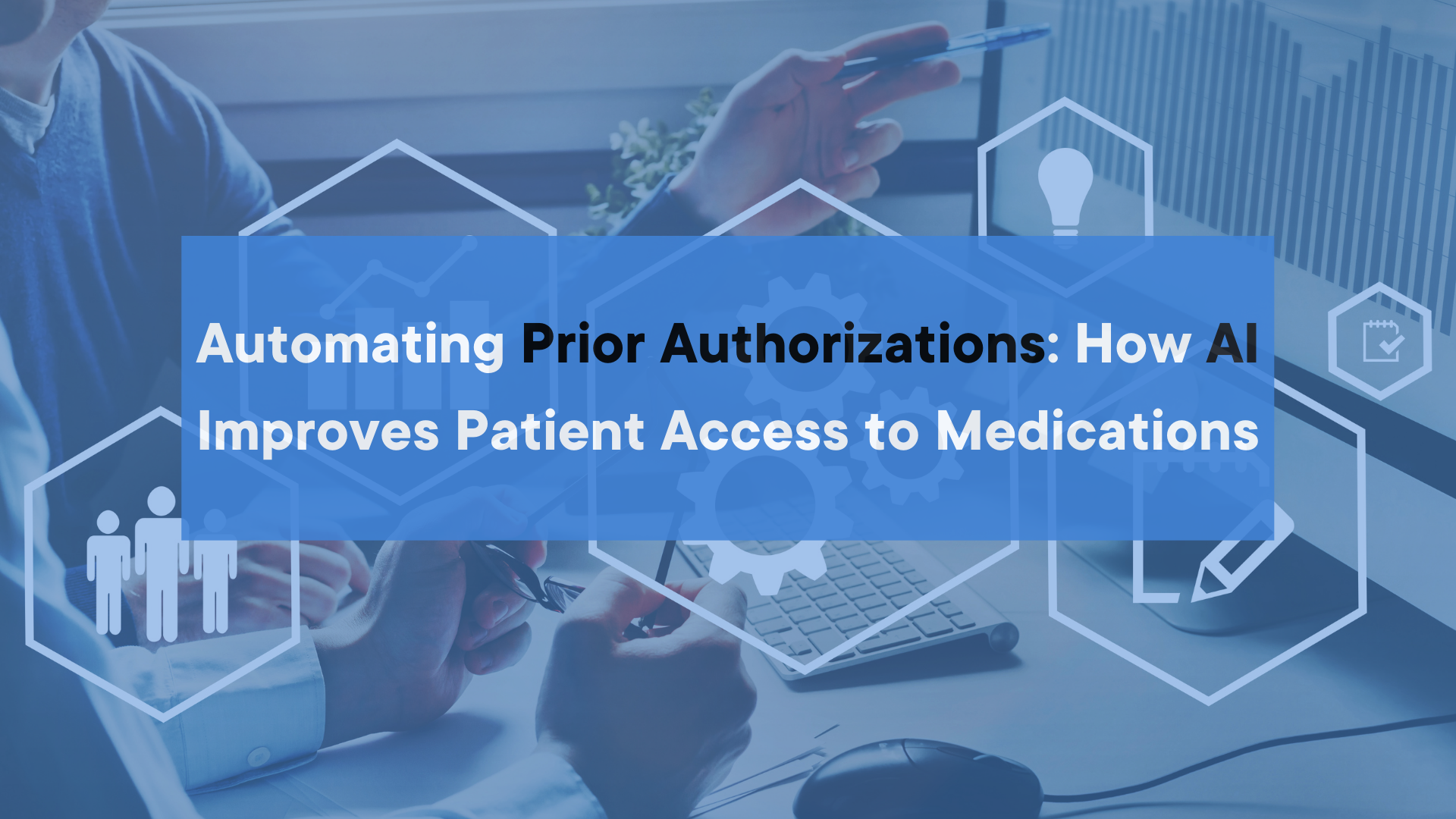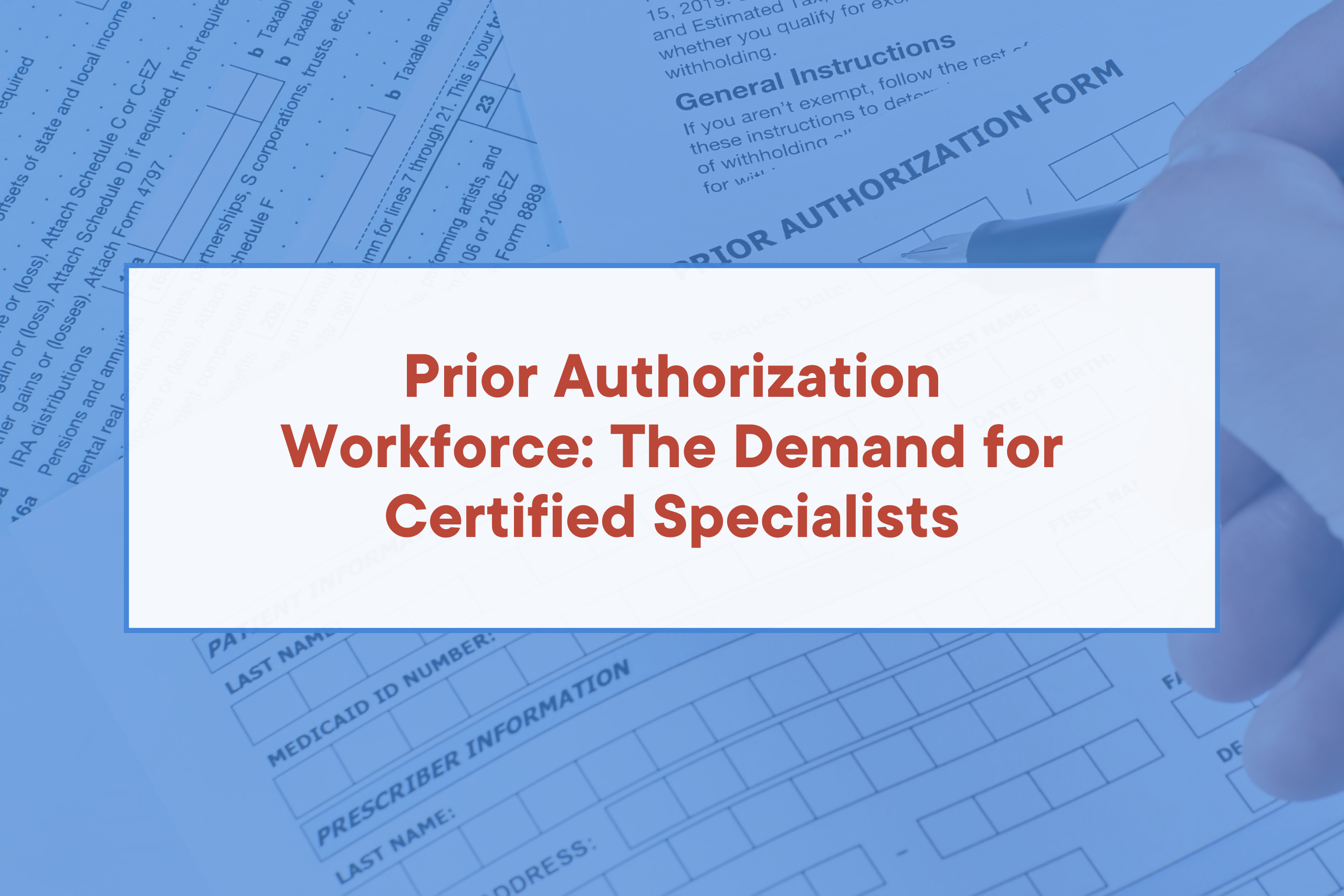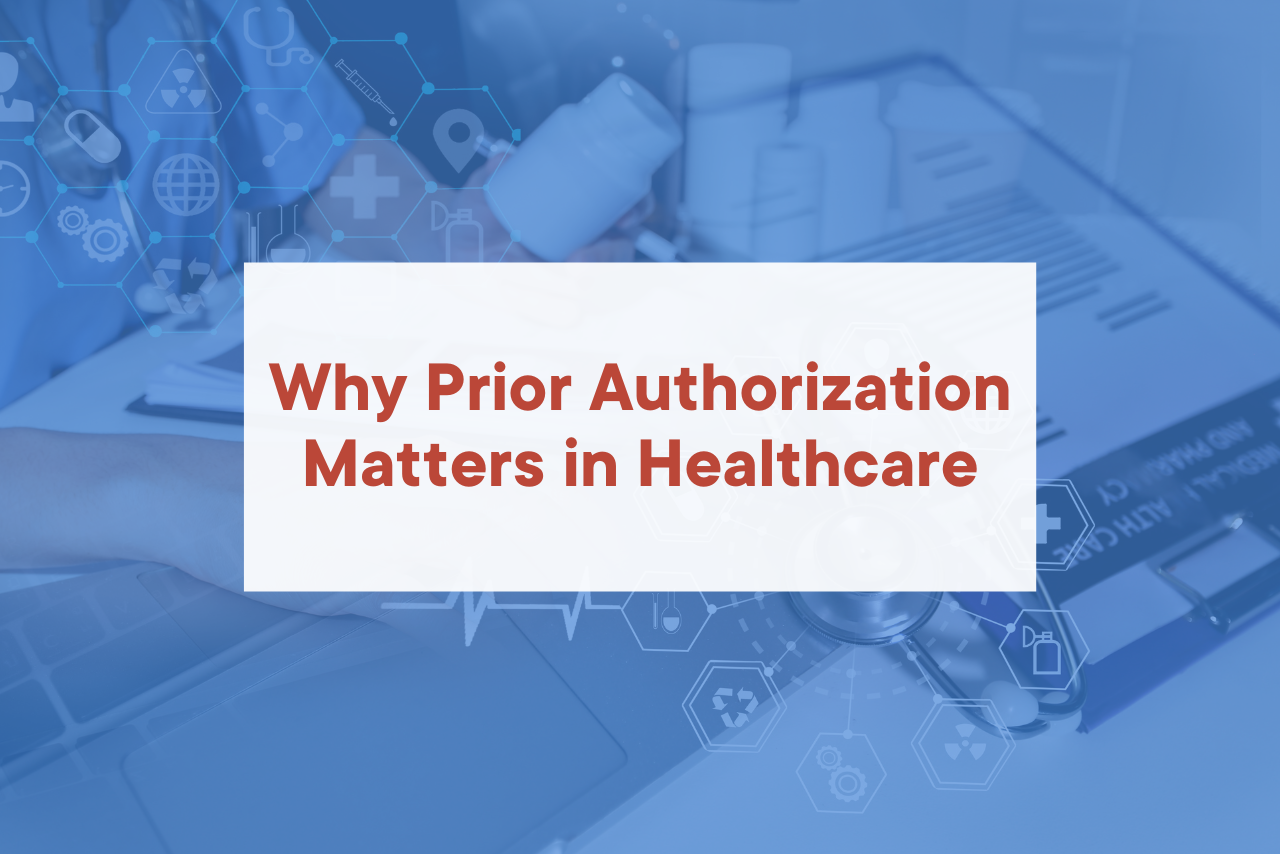Recent blogs

Prior Authorization
Transforming Field Reimbursement with AI: Introducing ReimbursementAI
Discover how ReimbursementAI, an AI-driven tool by ACMA, revolutionizes field reimbursement. It streamlines prior author...

Rachel Hohe, PhD
- Oct 17, 2024
- 10 min read

Prior Authorization
Automating Prior Authorizations: How AI Improves Patient Access to Medications
Learn how AI-driven automation in prior authorizations enhances patient care by expediting medication access and minimiz...

Kiana Dixson, PharmD, BCMAS
- Oct 17, 2024
- 7 min read

News
Why the FTC Investigated PBMs and What it Means for You
Learn how Pharmacy Benefit Managers (PBMs) impact drug access and pricing, and discover the latest findings from the FTC...

ACMA
- Jul 9, 2024
- 5 min read

Trending
AI Revolutionizing Prior Authorizations in Healthcare
Discover how AI optimizes prior authorization, reducing delays and improving patient care efficiency in healthcare syste...

ACMA
- Jul 8, 2024
- 8 min read

Prior Authorization
Mastering Prior Authorization Roles: Responsibilities and Training Demands Explored
Explore key roles, duties, and training in the prior authorization process, enhancing efficiency and patient care across...

ACMA
- Jun 24, 2024
- 8 min read

Career Development
Prior Authorization Workforce: The Demand for Certified Specialists
Learn how Pharmacy Benefit Managers (PBMs) impact drug access and pricing, and discover the latest findings from the FTC...

ACMA
- Jun 19, 2024
- 8 min read

Prior Authorization
The importance of prior authorization in healthcare
Streamline prior authorization in healthcare to reduce delays, improve patient outcomes, and optimize reimbursement with...

Steve Fields, Vice President Iniz...
- May 21, 2024
- 10 min read

Trending
The Impact of AI on Revenue Cycle Management: Transforming Healthcare Reimbursements
Discover how AI is transforming healthcare revenue cycle management, improving claim accuracy, reducing denials, and boo...

ACMA
- May 21, 2024
- 10 min read

Prior Authorization
5 Ways Your Field Reimbursement Team Can Excel in the Current Healthcare Landscape
5 Ways Your Field Reimbursement Team Can Excel in the Current Healthcare Landscape

ACMA
- Apr 5, 2024
- 10 min read

